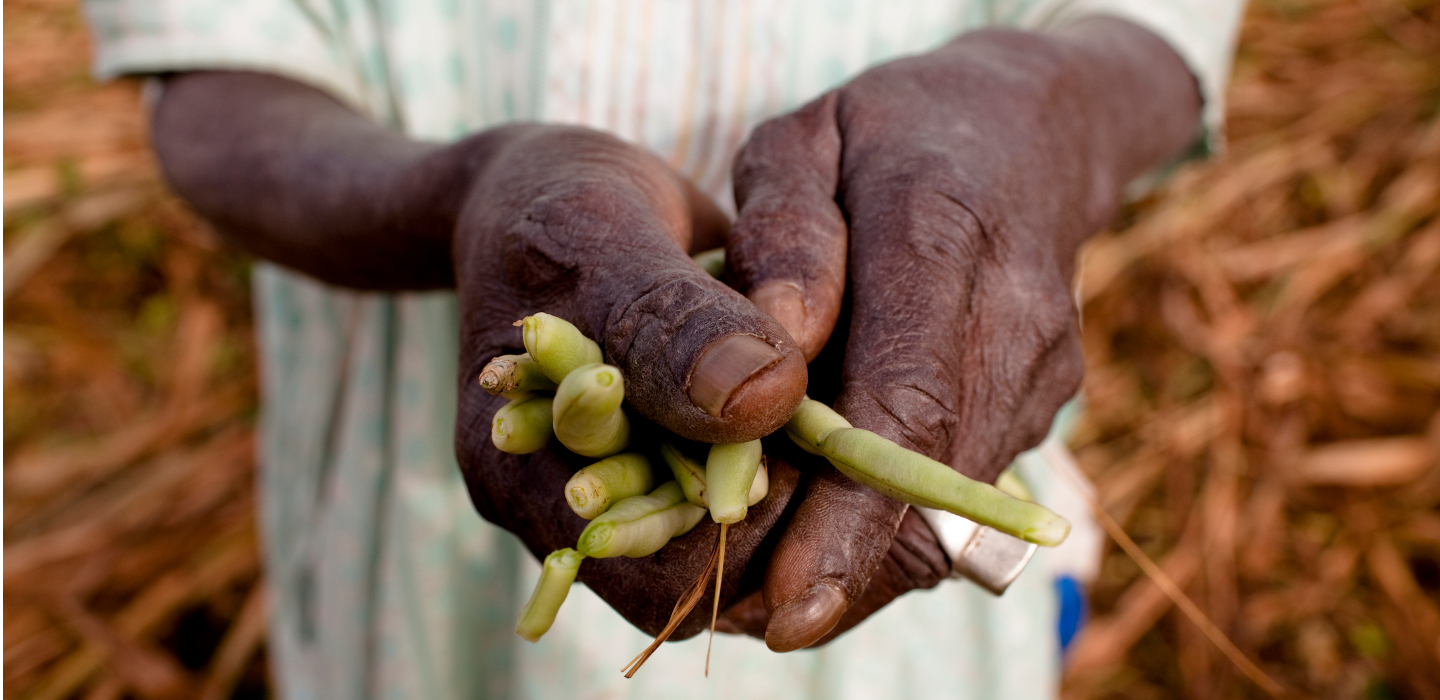IFAD
The COVID-19 pandemic has shown us just how vulnerable agricultural value chains are to external shocks – and how much more we need to do to build the sector’s resilience. Beyond its impact on human health, COVID-19 is disrupting an interconnected world economy through abrupt falls in commodity prices, fiscal revenues, foreign exchange receipts and foreign financial flows, as well as through travel restrictions, declining tourism and frozen labour markets.
UNFPA
Today, we witness the COVID-19 pandemic uniting the world in ways that were unimaginable just a few weeks ago. In the face of potentially staggering mortality rates, many governments have made clear their conviction that people’s lives matter, first and foremost.
IFPRI
Water is essential for drinking, sanitation, and food production; for billions of people, however, water access and quality are limited. The COVID-19 pandemic has further amplified the impacts of these water inequalities. Claudia Sadoff and Mark Smith of the International Water Management Institute assess the role of water in the current responses to COVID-19 and in future phases of recovery and resilience. Their recommendations range from emergency provision of water to high-risk groups, through developing new innovations for water supply and reuse, to scaling strategies for smarter allocation of water to multiple essential uses.—John McDermott, series co-editor and Director, CGIAR Research Program on Agriculture for Nutrition and Health (A4NH).
ILO
The pandemic is radically impacting our lives. But what about the statistics used to assess those impacts? Without timely and accurate information, we will not act through adequate and informed policies. Though numbers should focus on the health of the population, we also need to understand what is happening in the domain of labour statistics. That is, how is COVID-19 affecting our working lives? What is less obvious, however, is that the pandemic is also affecting our ability to compile such statistics.
US News
U.N. Secretary-General Antonio Guterres urged debt relief for African countries and more investment to help their economies recover from the COVID-19 pandemic and weather the impacts of the Ukraine war.
World Bank
Like the rest of the world, African governments had little precedence to rely on when formulating economic policy options.
Africa CDC
All African Union Member States to make a commitment to establish and/or strengthen functional PHEOCs in each Africa Union Member State.
Africa CDC
All Heads of State to redouble commitments as investments, prioritize, and dedicate domestic resources and recurrent spending as an integral part of national and regional peace and security, and a pre-requisite for attainment of the AU Agenda 2063.









